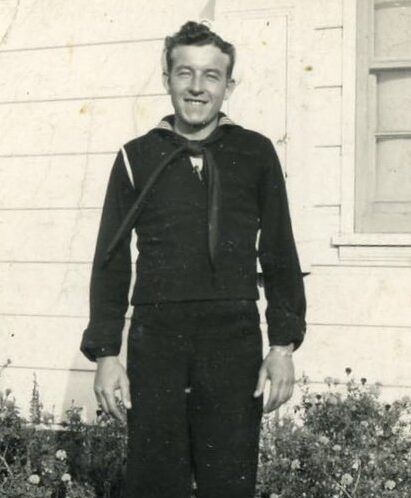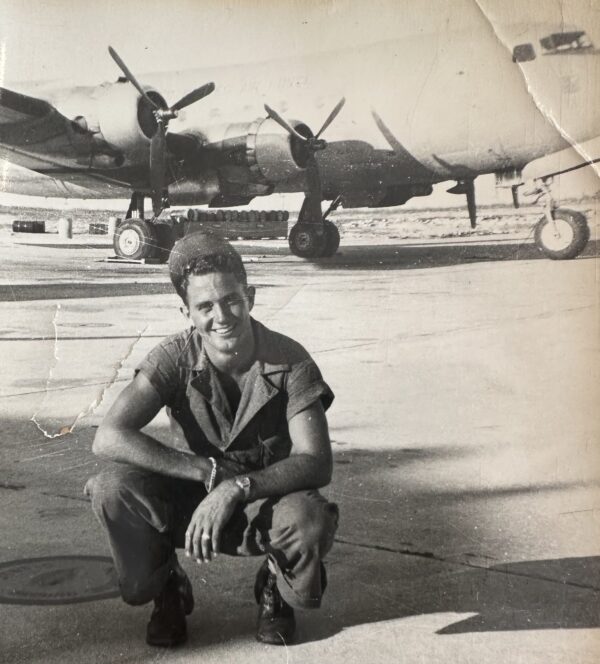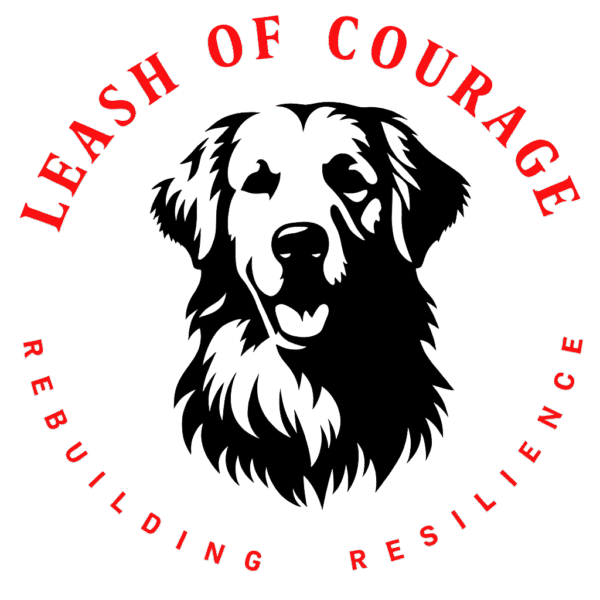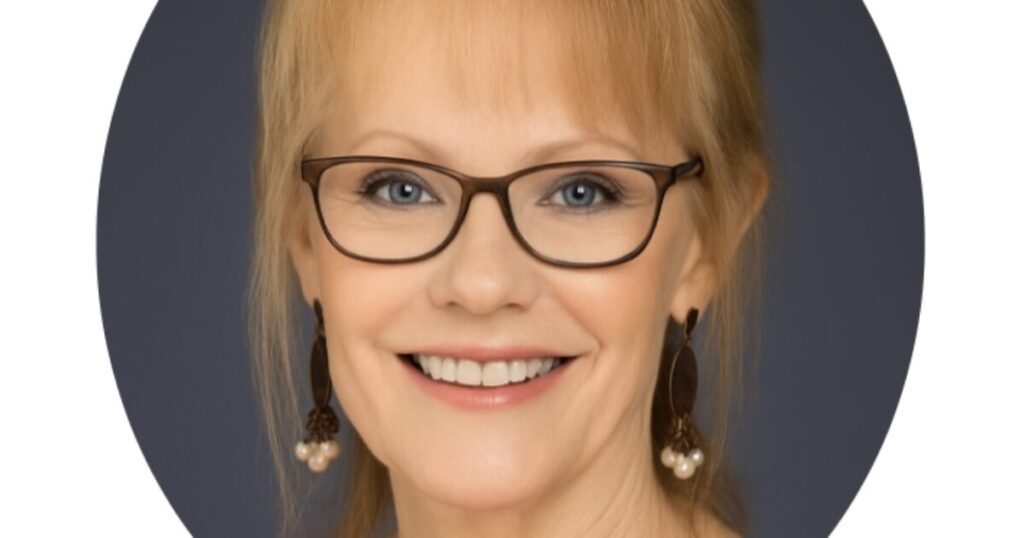By Whistleblower ~ Noelle Webb
For more than a decade, I’ve fought the opioid epidemic from both sides: as a whistleblower exposing pharmaceutical fraud—and as a mother fighting to save my child from addiction. I’ve seen the crisis from the inside and the outside, and I’ve paid a steep price for speaking out. But through these battles, I’ve learned the true meaning of courage, resilience, and what it takes to survive—and heal.
A Legacy of Courage
Courage has always been a quality I admired in others—most notably my father, a Korean War veteran who endured psychological trauma after being tortured by North Korean captors. My father-in-law, too, exemplified bravery, having served aboard the USS Manila Bay during the Battle of Leyte Gulf in World War II. Despite unimaginable hardship, both men built meaningful lives as fathers, husbands, and providers. Their strength, dignity, and resilience served as a blueprint for living with purpose after tragedy.


I carried their example with me as I built my career. After 25 years as an award-winning medical representative for pharmaceutical companies—both large and small—I had a front-row seat to the industry’s shift. What began as a mission to deliver life-saving medications devolved into a money-driven machine. I once believed I was part of the solution. But as I witnessed deceptive and often illegal marketing practices become standard, I feared that I could become part of the problem unless I took decisive action.
The Whistleblower’s Choice
I was at a crossroads: remain silent and protect my career—or speak up and risk everything. In 2014, I summoned all of my moral courage and spoke out. I became a whistleblower, reporting fraudulent marketing and kickback schemes targeting Medicare and Tricare. My decision triggered immediate retaliation from my employer. I lost my job, my healthcare, and eventually my career. I entered a legal battle that would last more than a decade. As the company continued to prioritize profits over public safety, I exposed how its sales practices directly contributed to the opioid epidemic. Their reckless marketing poured gasoline on an already raging fire.
A Parallel Crisis at Home
At the same time, the crisis struck my family. I discovered that my child was struggling with opioid addiction. The guilt and anguish I felt as a mother were soul-crushing. My initial reaction was anger—toward my child, myself, and the pharmaceutical companies that flooded the market with addictive medications.
That anger became fuel. I immersed myself in learning about addiction. I met with professionals, attended support groups, and fought hard to understand the science behind the disease. Gradually, my anger gave way to grief, then to compassion, and finally to resolve. Addiction is a disease. My child’s best advocate had to be me. Recovery is never linear and there were setbacks, heartbreaks, and moments of doubt. But as my child slowly, mercifully, began to heal, my resolve to hold the industry accountable only deepened.
Justice Delayed
Despite clear evidence and federal violations, my initial whistleblower lawsuit was dismissed. No action was taken and the company faced no accountability. Meanwhile, their illegal marketing continued—unchecked and unpunished—while their profits grew.
We filed multiple additional lawsuits, both federal and state. I was summoned to confidential relator meetings and grilled by officials from the FBI, DOJ, FDA, HHS-OIG, and attorneys general from across the country. These were high-pressure, high-security and high-anxiety encounters. But I stood firm, armed with evidence, facts, and a fierce determination.
In 2018, a co-relator joined our case, providing additional damning evidence. Still, years passed with little movement. Blacklisted from the industry, I lost years of income. My family lived without healthcare. Whistleblowing had become a full-time job—and a financial and emotional crucible.
Grip of Grief
Several years into my arduous whistleblowing journey—and in the midst of my child’s fragile recovery—grief and despair consumed me. The loss of both of my beloved companion dogs, just months apart, sent me further into a spiral of anguish. And then, tragedy hit once more with its ferocious, unrelenting grip of pain—our adult son suddenly passed away following an unknown illness. The ultimate gut-wrenching grief settled into my bones. Sadness, remorse, and an overwhelming sense of failure became constant companions. I felt isolated, trapped by legal constraints and financial hardship. At my lowest point, insidious thoughts of suicide quietly crept in.
I knew I had to shift my focus beyond my own suffering to counter the all-consuming anguish. In an act of instinctual self-preservation, I found a glimmer of hope in service to others. I began volunteering at an organization training service dogs for veterans with PTSD and other combat-related challenges. There, I witnessed the profound healing effects of dogs.
Light in the Tunnel
The combination of dogs, veterans, and service awakened something in me. As I witnessed the deep therapeutic bond between the warriors and their dogs, my spirit began to mend. Inspired, I pursued a Master’s degree focused on the science behind the human-canine connection. To bolster my knowledge with practical experience, I became a certified professional service dog trainer, dedicating myself to helping people with disabilities regain independence through canine assistance.
On my 59th birthday, I received an extraordinary gift—a Golden Retriever I would train as my own service dog. Her presence became a lifeline. Our bond gave me a renewed sense of purpose, the courage to face what lay ahead, and the strength to continue fighting for justice. She faithfully walked beside me and helped lead me out of the darkness.
The Settlement
The case languished in the judicial system for another five years. Finally, in July 2024, the U.S. government intervened. By then, nearly a decade had passed since the original filing. The pharmaceutical company had rebranded, relocated, and reshuffled its product lines—effectively burying its past. Yet it was still legally accountable for the damage it caused.
In May 2025, the Department of Justice reached a settlement: $3.6 million. A paltry sum, given the scale of the fraud and the lives ruined. Years of mismanagement left the company on the verge of bankruptcy. While my co-relator and I received a fraction of the settlement, our retaliation claims—worth millions—were denied. The statute of limitations had run out. [SEE U.S. ATTORNEY’S OFFICE PRESS RELEASE HERE]
The government’s closing words were expected but agonizing to see in print: “The settlement resolves the claims, but no formal determination of liability has been made.”
The Cost of Truth
The cost of whistleblowing? Twelve years of lost wages. A decade without healthcare. Constant threats to my safety. And yet, I consider myself one of the lucky ones. My child is healthy and thriving. My legal case—though deeply disappointing—was technically a win.
But the emotional fallout remains. Like my father and father-in-law before me, I will draw on strength, dignity and resilience to rebuild a meaningful life. The healing power of the human-canine bond has been my leash of courage. The fight is not over.
The Battle Continues
This is how Big Pharma wins: with profit-at-any-cost marketing schemes, corporate rebranding, and government inaction. And this is how American families lose—paying the human toll while justice is delayed and denied and trauma is compounded.
We need accountability in corporate America for their role in fueling the opioid crisis.
We need meaningful reform in the justice system so that whistleblowers are not left exposed and stranded for years following their brave revelations.
We need to destigmatize and support those crushed by the opioid epidemic with alternative options for recovery and healing. The opioid epidemic isn’t only a national tragedy. For many of us, it’s personal. And the time to act is now.

Noelle Webb, M.S, B.A., CPDT-KA is a former award-winning pharmaceutical executive who blew the whistle on fraudulent opioid marketing. She holds a Master’s degree in Human-Canine Interaction, is a faculty member at Bergin College of Canine Studies, and a certified professional service dog trainer. Noelle advocates for whistleblower resources and alternative models of trauma-informed healing. She is the founder of Leash of Courage (LeashofCourage.com) and is passionate about helping others rebuild resilience through the magnificent power and neuroscience of the human-canine bond.

Read the full article here
